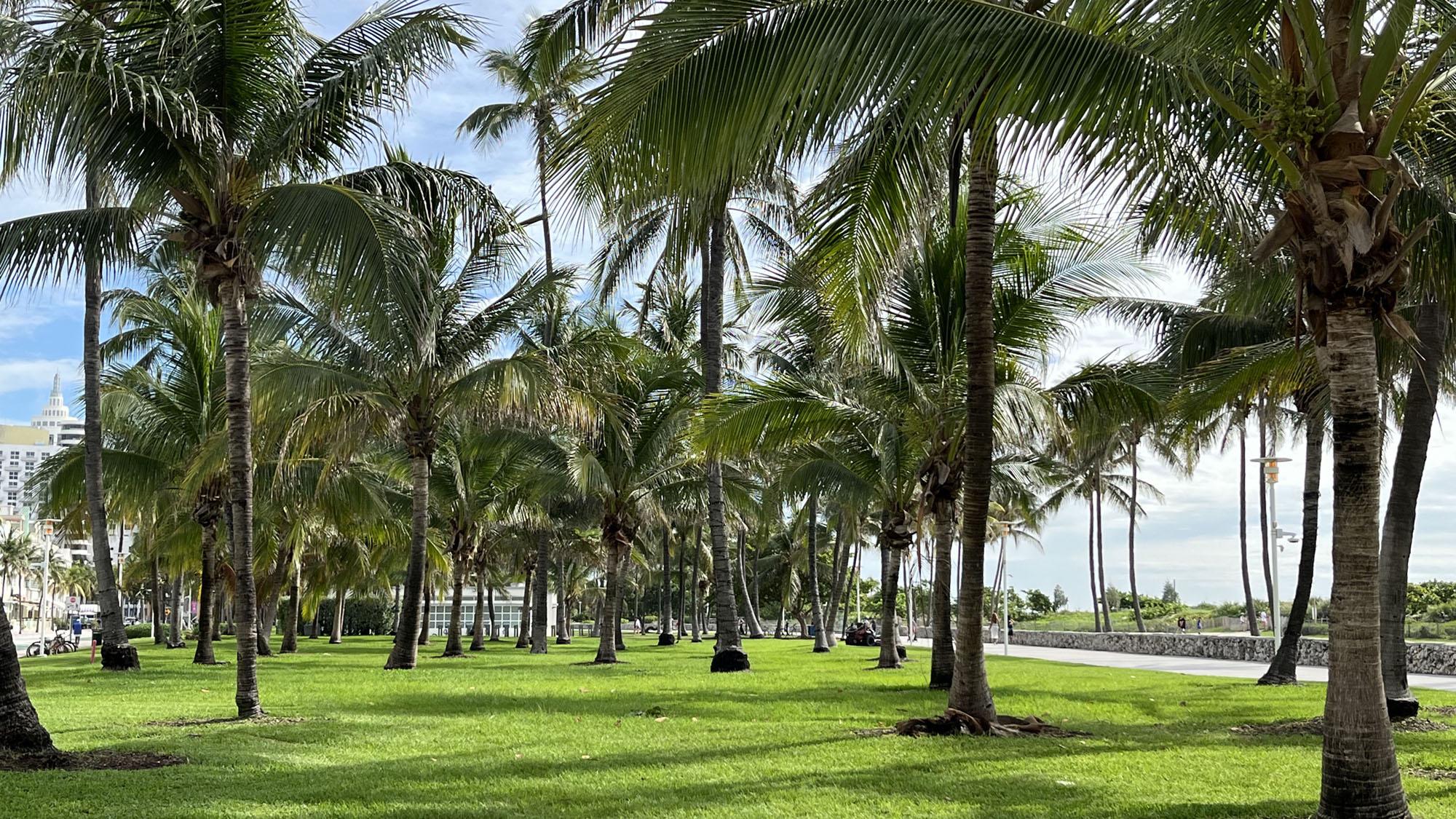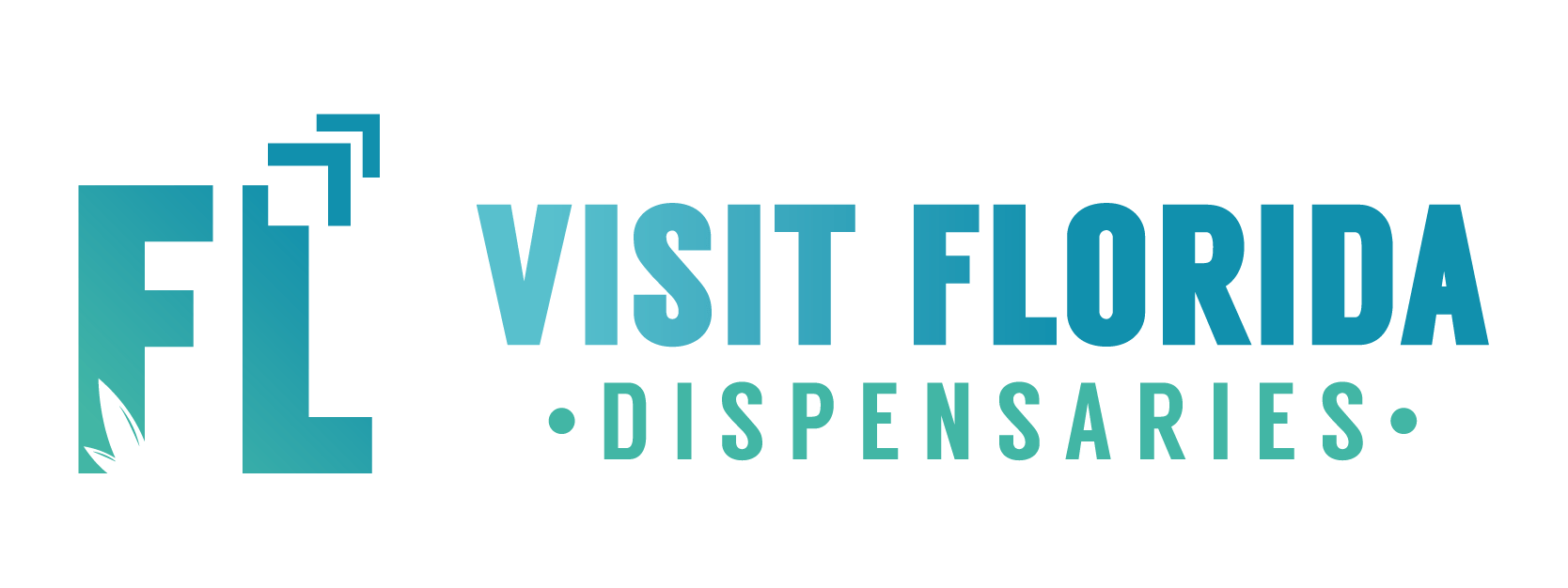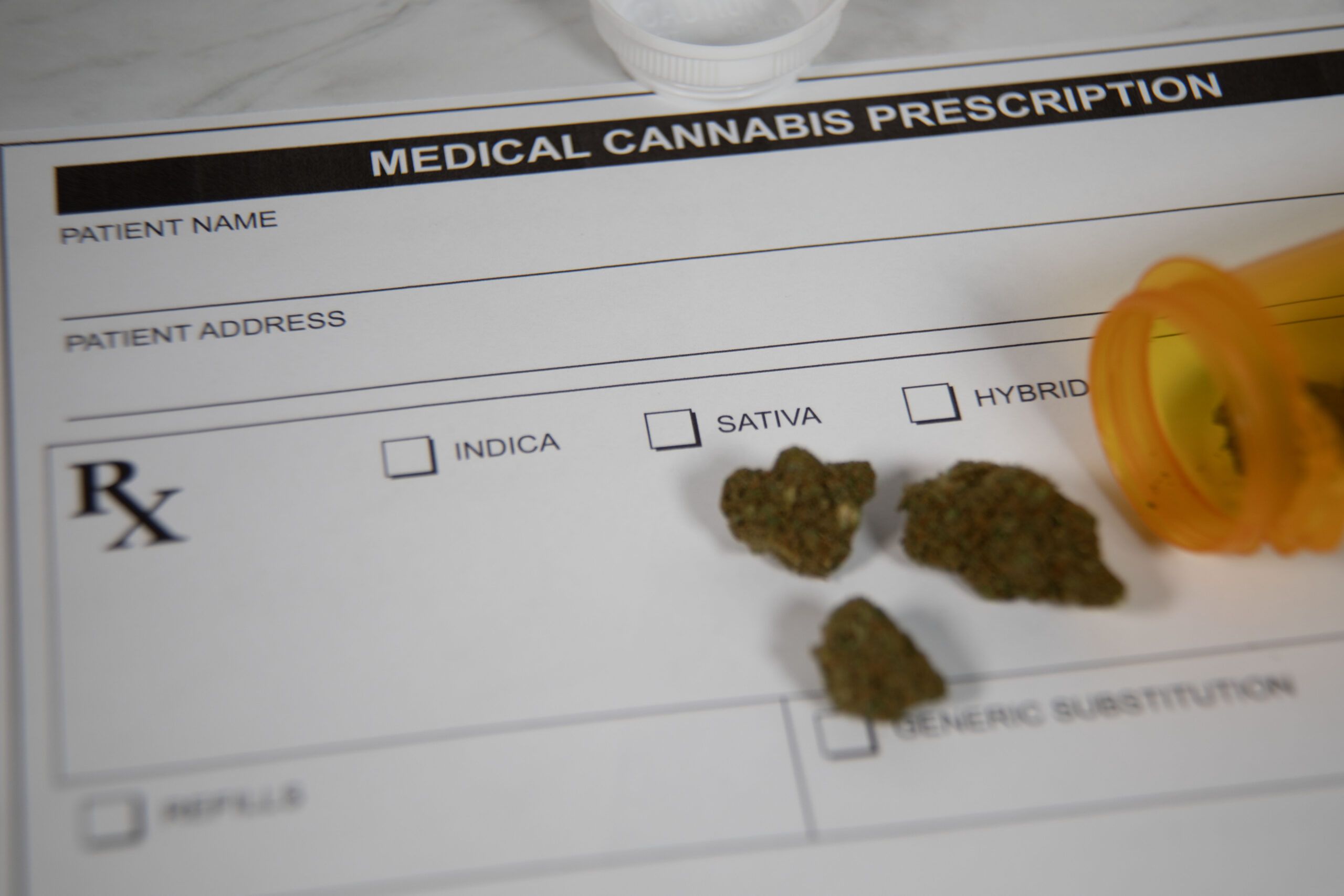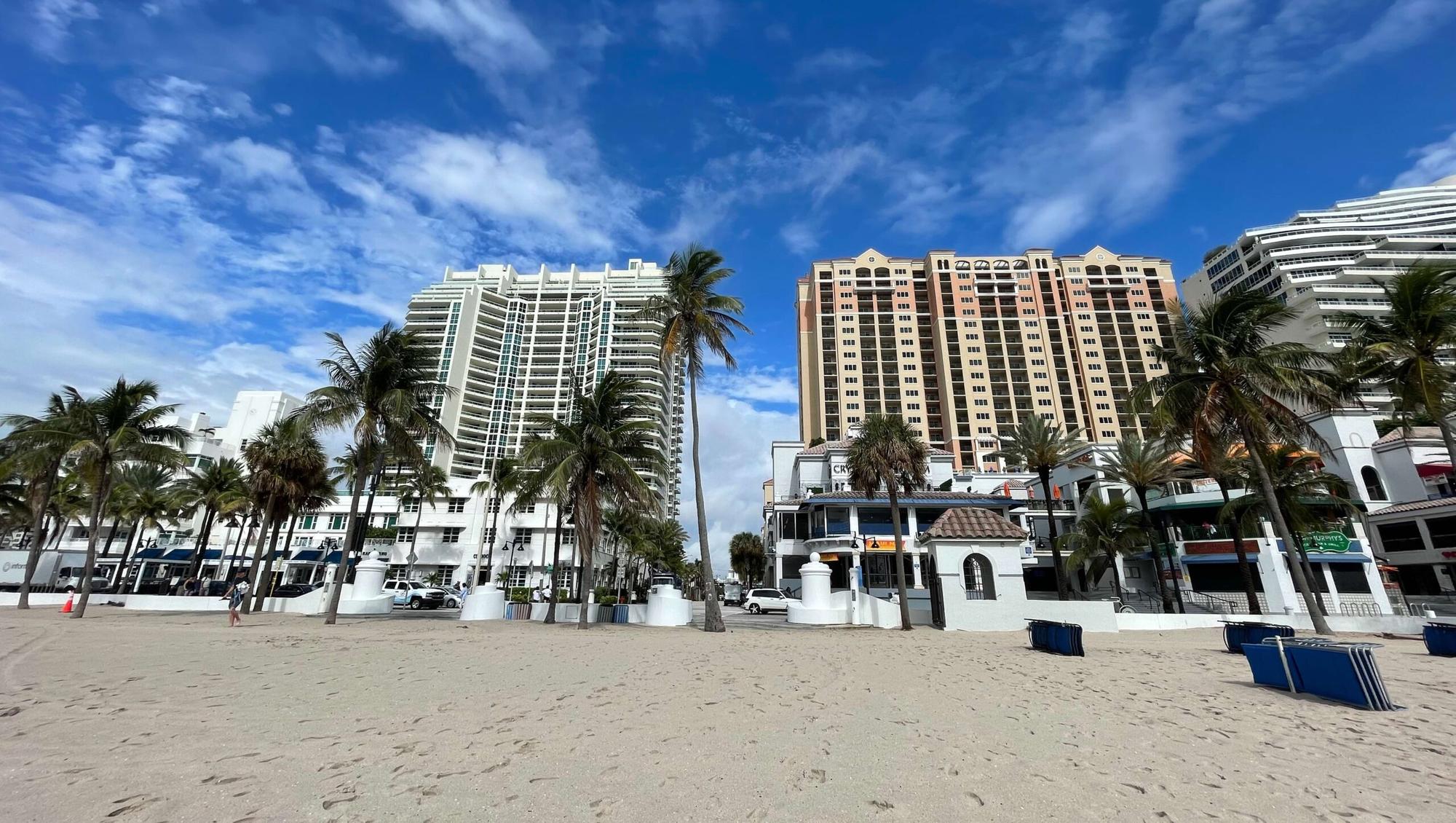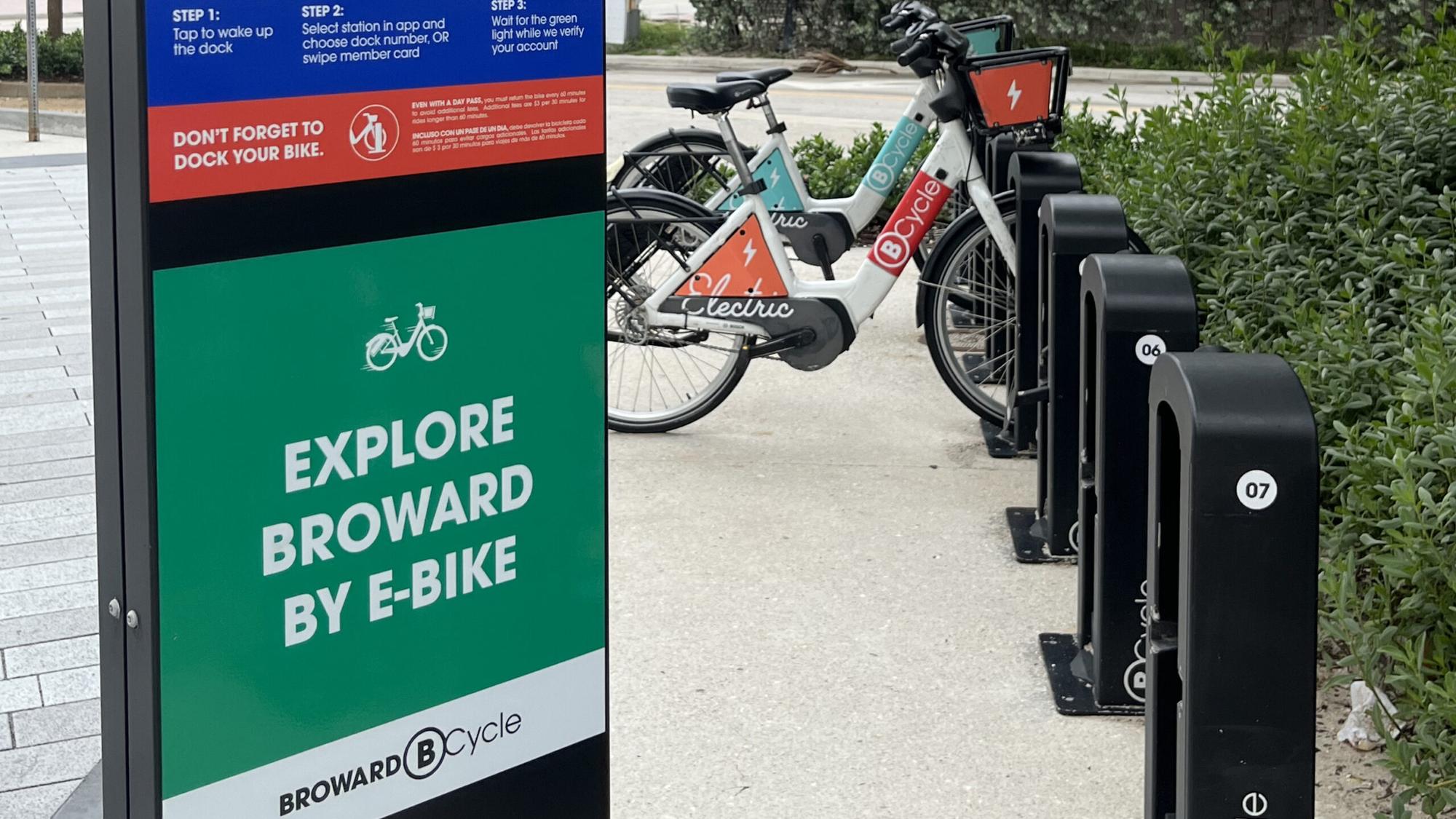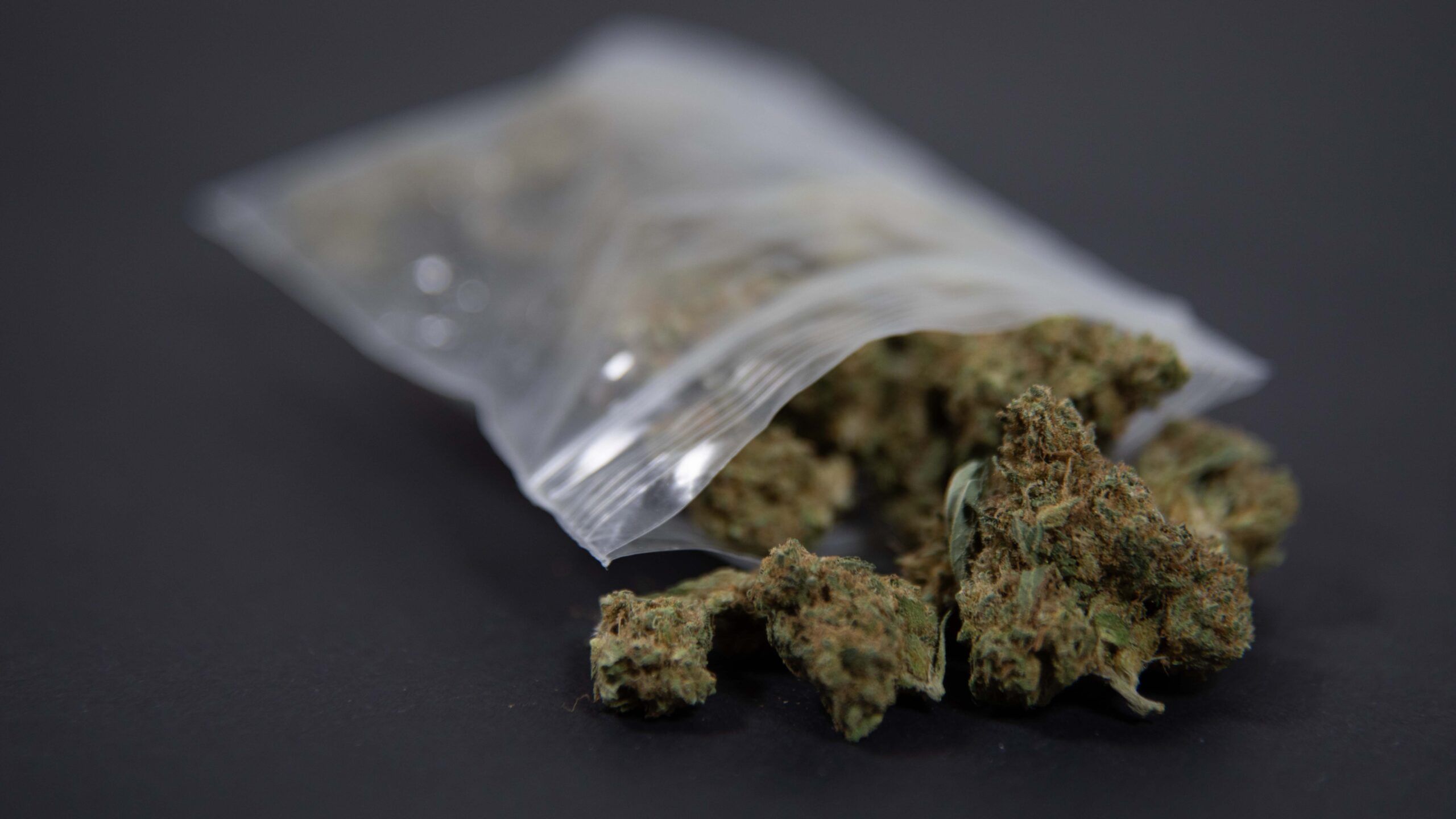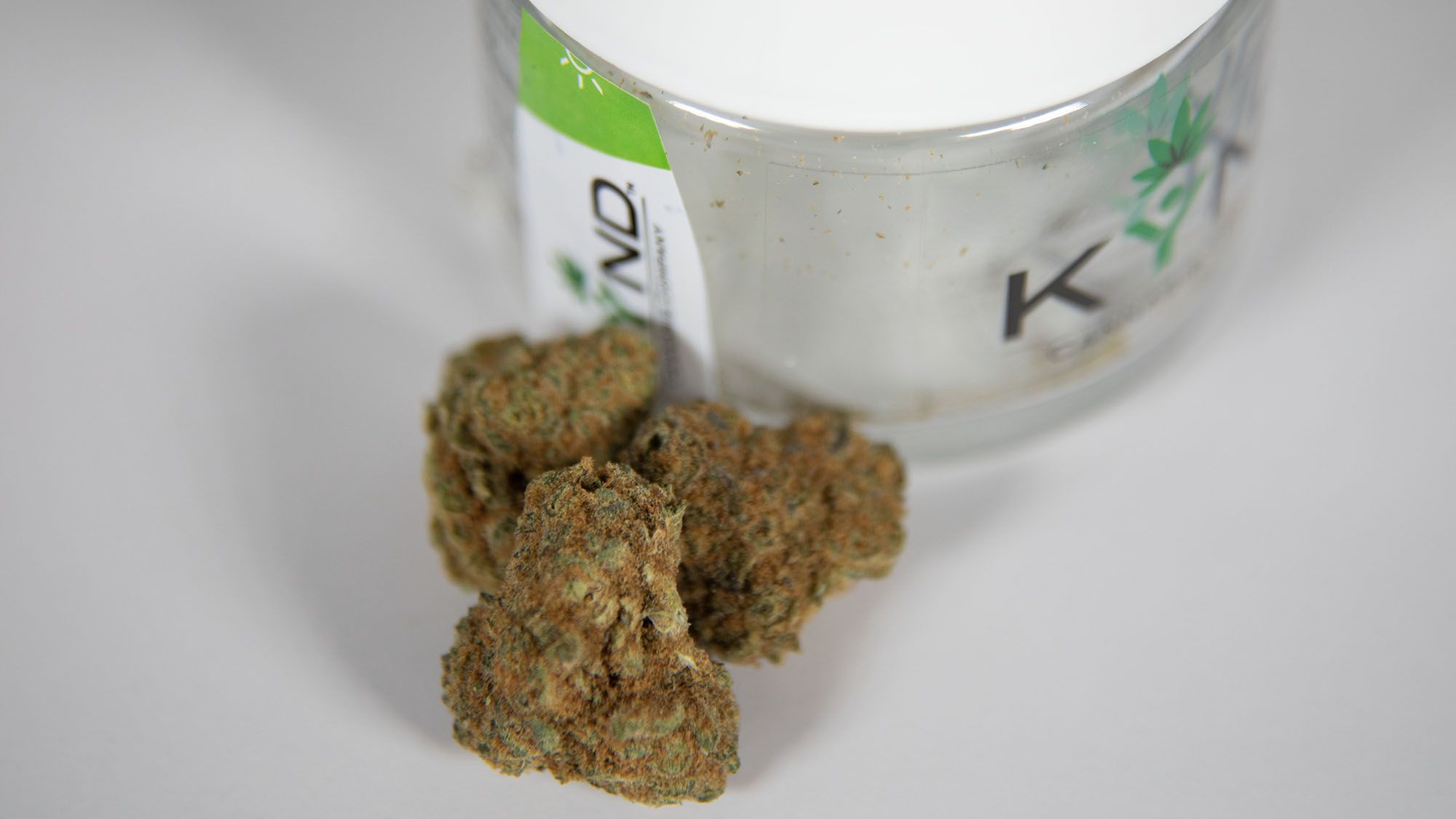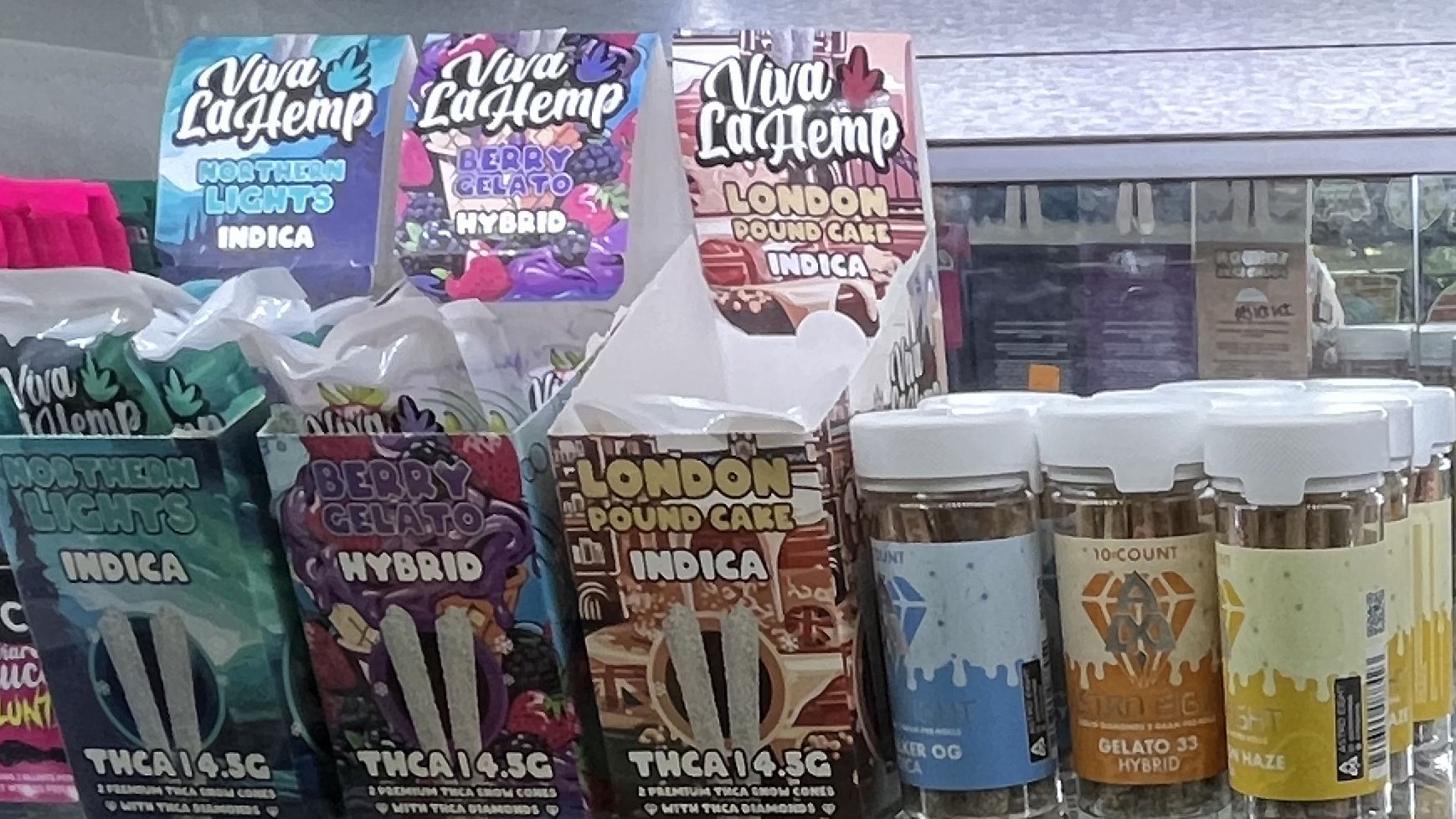-
Key Questions to Ask Your Doctor Before Using Cannabis for Medical or Recreational Purposes
Read more: Key Questions to Ask Your Doctor Before Using Cannabis for Medical or Recreational PurposesCannabis has gained widespread acceptance as both a medicinal and recreational substance, but its effects on the body vary based on individual health conditions, lifestyle,…
-
Investing in Vacation Homes in Florida: A Sunshine State Opportunity
Read more: Investing in Vacation Homes in Florida: A Sunshine State OpportunityFlorida has long held a golden reputation among real estate investors, thanks to its warm climate, beautiful coastlines, and no state income tax. But in…
-
Exploring Florida’s Beaches: Fun and Unique Ways to Get Around
Read more: Exploring Florida’s Beaches: Fun and Unique Ways to Get AroundFlorida’s coastline is lined with some of the most beautiful and lively beaches in the world. From the white sands of Clearwater Beach to the…
